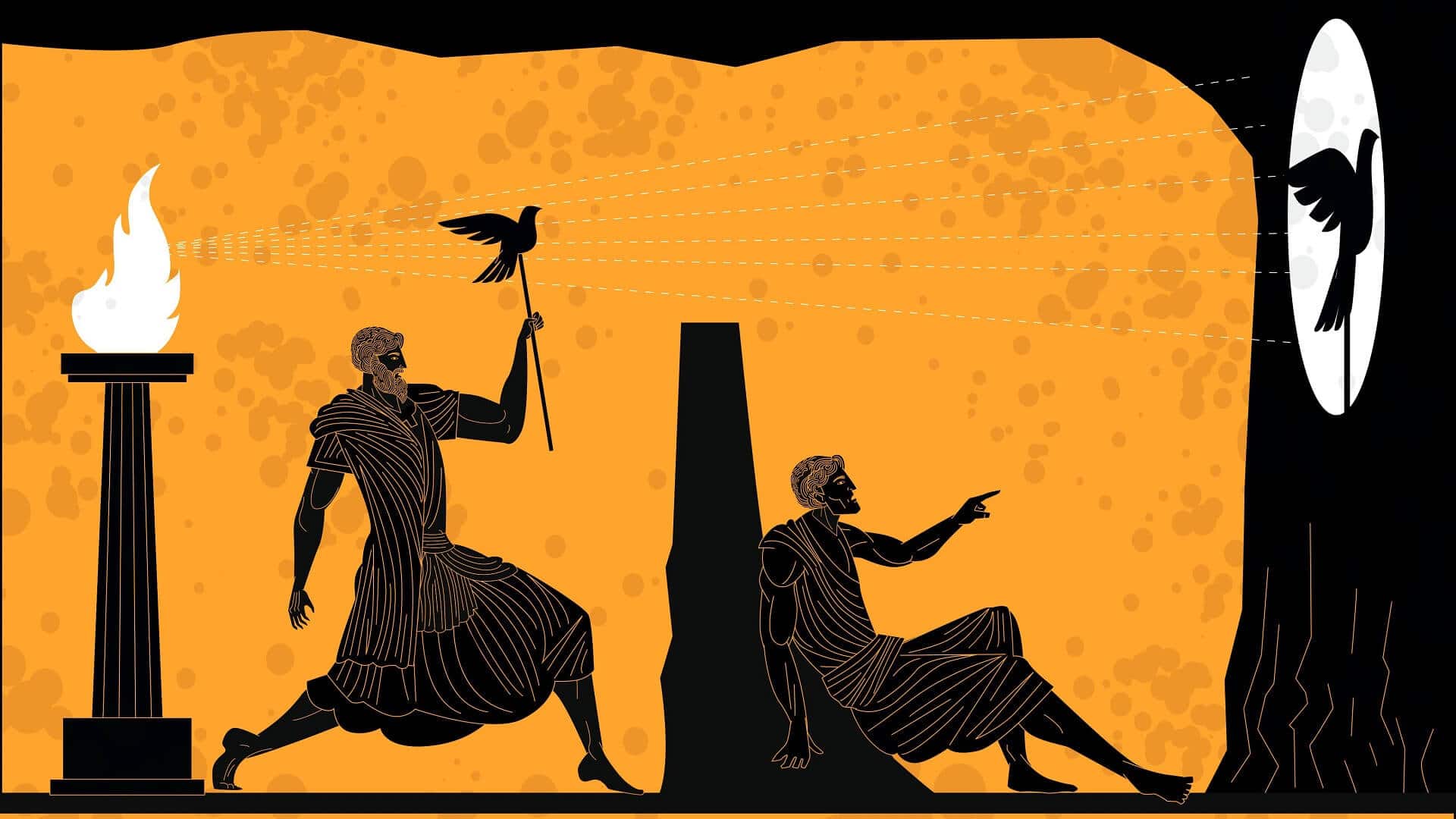Kant and the categorical imperative
Kant distinguishes between two types of imperatives, or moral guides.
Hypothetical imperatives tell us how to act in order to achieve a specific goal; they are related to actions based on desire, trained towards a purpose. If you wanted to pass tomorrow’s exam in philosophy, the hypothetical imperative would tell you that you better study your logic!
Categorical imperatives, on the other hand, are not conditional. They are universal statements that apply to every situation, regardless of context. They are transcendental, universal laws; they are absolute truths about right and wrong, and, given the proper use of reason, we should all arrive at the same truths.
There are several formulations of the categorical imperative, which better illustrate their use.
- Formula of the law of nature
“Act as if the maxim of your action were to become, through your will, a universal law of nature.” - Formula of the end in itself
“Act in such a way that you always treat other people never simply as means, but always as end.” - Formula of autonomy
“So act that your will can regard itself at the same time as making universal law through its maxims.” - Formula of the kingdom of ends
“Act as if you were, through your maxims, a law-making member of a kingdom of end.”
The categorical imperative can be seen as a form of the golden rule of morality, which is the principle of treating others as you want to be treated. It is a principle that is found in many religions and cultures; it can be considered an ethic of reciprocity, and versions can be found in Christianity, Buddhism, Islam, and Hinduism, among other religions and systems of belief.




